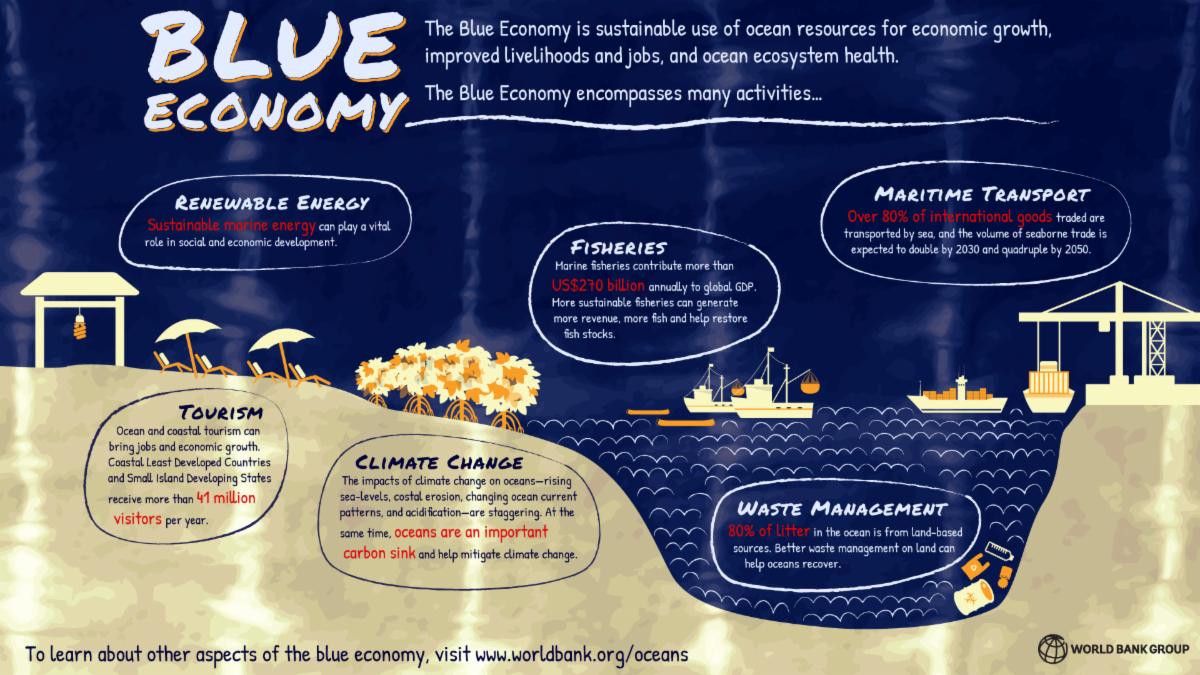By Representative David Gomberg, House District 10
Dear Neighbors and Friends,
Here is some big news that you might not have heard.
The Oregon Supreme Court has declined to hear an appeal from timber counties seeking to maximize logging revenue on 700,000 acres of state forestland. That’s less than 3% of all forest land in the state. But for mills in Northwest Oregon, public forests are a critical and steady source of supply. By state law, the logs can’t be exported.
A number of Oregon counties and special taxing districts receive a portion of logging profits from forestland they gave to the state in the 1930s and ‘40s. Oregon agreed to manage those lands, which were mostly burned and logged over at the time, “so as to secure the greatest permanent value.” Thirteen counties took the state to court in 2016, claiming they were owed $1 billion because Oregon failed to maximize logging on the land. “Greatest permanent value,” they argued, means maximum timber revenue.
In Tillamook County, wood products accounted for more than one in four private sector jobs in the 1970s. Now it’s less than one in 10. “Forest trust” counties receive 64% of the logging revenues from state forests and don’t pay anything to manage the land. Last year, their cut was $87 million, with the lion’s share going to Clatsop, Tillamook, and Washington counties – money they depend on to fund public services.
Counties that would have received a portion of the $1.1 billion award — had it been upheld — were Benton, Clackamas, Columbia, Coos, Douglas, Josephine, Lane, Lincoln, Linn, Marion, Polk, Tillamook, and Washington. The decision leaves in place a lower court ruling from April saying that Oregon can manage forests for a range of values that include recreation, water quality, and wildlife habitat — not just logging revenue.
Ramifications of the appeal are significant to our state budgets, rural economies, and forest policies.
The judgment has, for the past two years, been increasing at an alarming $260,000 in interest a day, bringing the current total to almost $1.2 billion. Had the judgment been sustained, the Legislature would have to do significant budget cutting to find dollars to pay counties. Personal income taxes are the largest source of state revenues, making up nearly 90 percent of the state general fund. So, on a per-capita basis, the damage award would have effectively transferred money from Oregon’s populous urban counties to their rural counterparts.
You can read more in the Oregonian or at OPB.
Thursday it was my pleasure to join the Philomath Chamber of Commerce and hear the State of the City from Mayor Chas Jones. There is a lot is going on in Philomath with major changes on the horizon. After lunch, I gathered with members of the City Council and County Commission.

| Also on Thursday, Susie and I traveled up the Willamette Valley to help celebrate the opening of Oregon’s first exclusive sparkling winery. I’ve long worked with our remarkable wine industry and was honored to be asked to saber an inaugural bottle. Click here to see the video. |
 |
| On a busy Saturday, we visited neighborhoods in Newport, spoke at the Pride Rally at City Hall, served in the dinner line at the Depoe Bay Salmon Bake, toured the Lincoln City Readiness Fair, and then was honored to speak at the Celebration of Honor in Lincoln City. You can watch my remarks here at the nine-minute mark. |
 |
|
|
|
|
|
|
|
|
|
|
|
|




 The Blue Economy is the sustainable use of ocean resources for economic growth, improved livelihoods, and jobs while preserving the health of the ocean ecosystem.
The Blue Economy is the sustainable use of ocean resources for economic growth, improved livelihoods, and jobs while preserving the health of the ocean ecosystem.